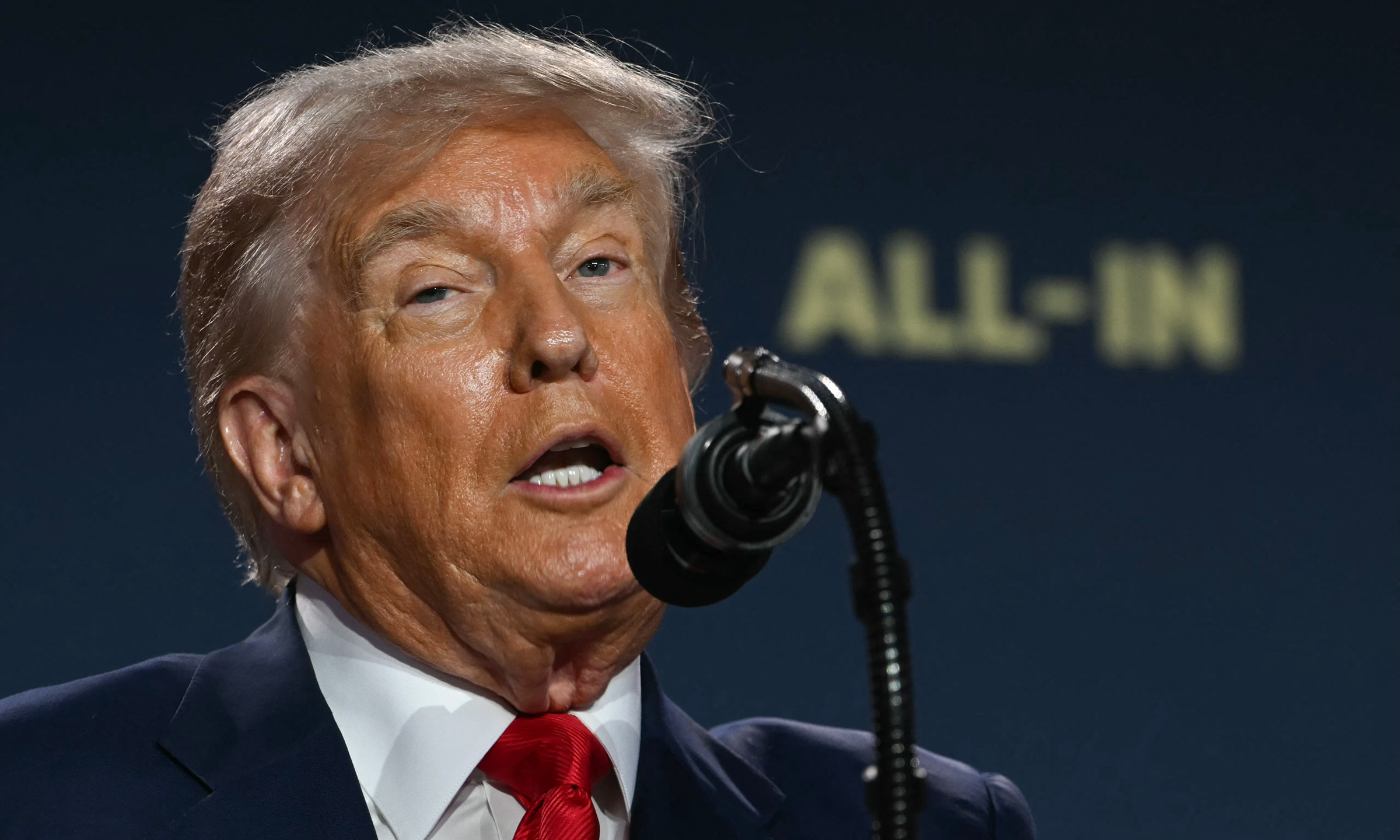The 25-page "American AI Action Plan", unveiled by the Trump administration on 23/7, outlines three goals: promoting innovation, building infrastructure, and maintaining Washington's global leadership in AI.
The White House considers AI crucial for maintaining US economic and military dominance. Environmental impacts were not emphasized in the strategy.
"America launched the AI race. As president, I'm here today to declare that Washington will win," President Donald Trump declared at an AI event in Washington.
"Winning this race is a test of our abilities. This is unprecedented since the beginning of the space age," Trump said, before signing several executive orders to provide legal backing for the strategy.
Trump's plan includes 90 government proposals, calling for deregulation and pledging to "eliminate red tape and burdensome regulations" that could hinder private sector AI development.
 |
President Donald Trump speaks at an AI event in Washington on 23/7. Photo: AFP |
President Donald Trump speaks at an AI event in Washington on 23/7. Photo: AFP
The Trump administration also urged federal agencies to find legal ways to prevent states from enacting their own AI regulations, threatening to cut federal aid to those that do.
"We need uniform federal standards, not 50 different sets of rules in each state for this industry of the future," Trump emphasized.
The American Civil Liberties Union warned this would hinder "initiatives to protect civil rights and communities from AI bias in areas like employment, education, healthcare, and law enforcement".
According to the Trump administration's strategy, AI systems must be "ideologically unbiased" and designed to pursue objective truth, rather than "social engineering" efforts like diversity and inclusion policies. This criterion will apply to AI companies seeking to do business with the US government.
President Trump also proposed widespread copyright exemptions for AI systems, a focal point of many lawsuits, calling it a "reasonable" approach.
"No AI program can succeed if it has to pay for every article, book, and document it reads or studies," he said.
A key focus of the strategy is building AI infrastructure, including simplifying permitting processes for data centers and energy facilities, prioritizing construction speed over environmental concerns.
Specifically, the Trump administration proposed creating new exceptions in the environmental review process for establishing data centers and expanding access to federally owned land for AI infrastructure development.
Trump also called for rapid construction of nuclear and coal-fired power plants to power data centers.
The new strategy also mentions efforts to "counter China's influence in international governing bodies" and tighten export controls on advanced AI computing technology. The plan also calls for the US government to help American technology conquer foreign markets, a priority outlined in an executive order.
According to US Secretary of State Marco Rubio, these plans will help the US establish a "gold standard" for technology globally, ensuring the world "will continue to operate on American technology".
Meanwhile, critics argue the policy is a gift to large US tech corporations, which are no longer aggressively pursuing zero carbon emissions to meet AI's growing computational demands.
Pham Giang (AFP)












